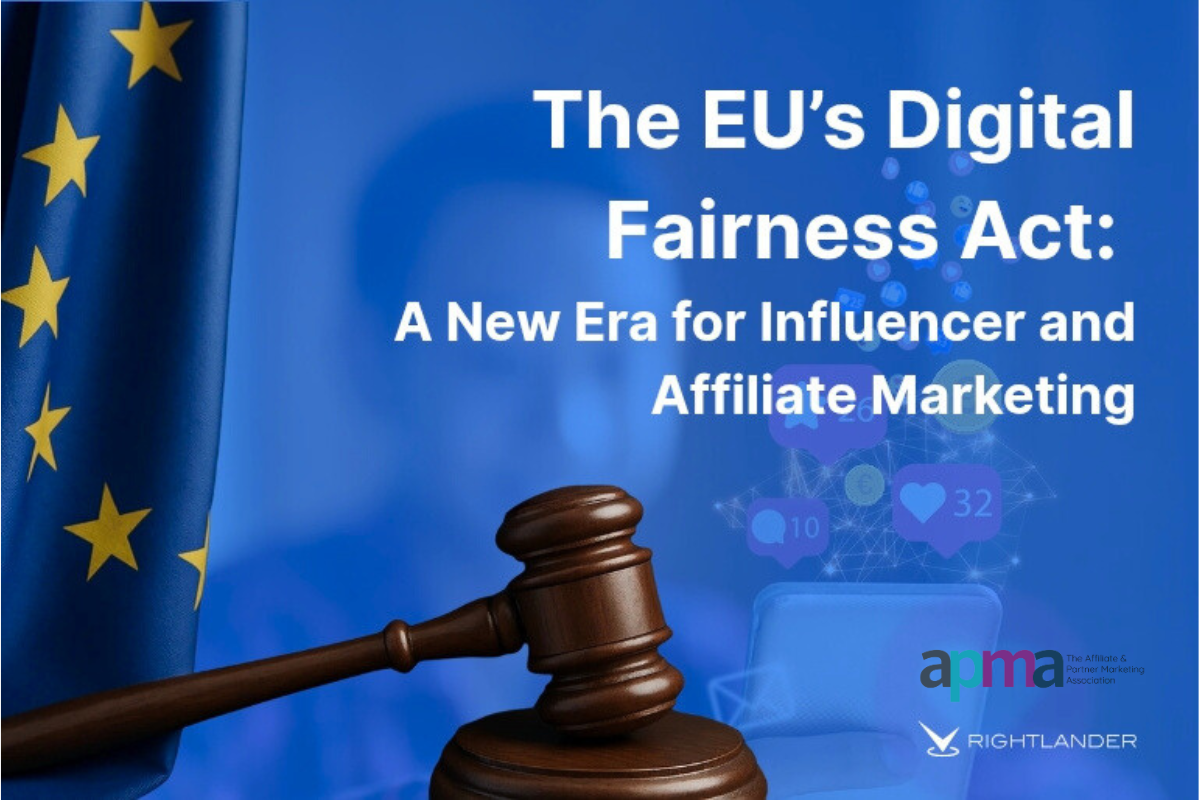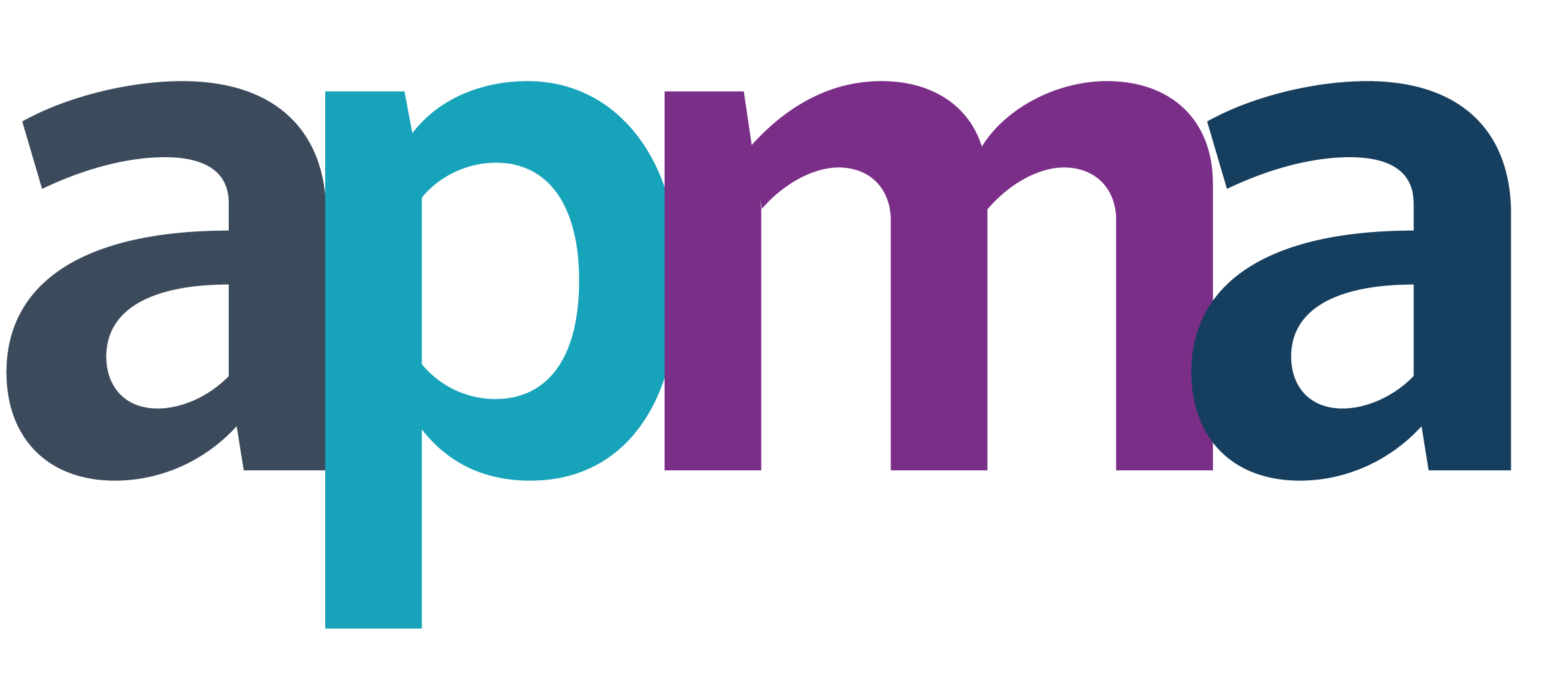
Written by Shenaly Amin, Head of Marketing at Rightlander, who are one of the founding members of the APMA and a leader in affiliate marketing compliance.
The European Union is set to transform the digital marketing landscape with the introduction of the Digital Fairness Act (DFA). This legislation aims to address misleading practices in online marketing, with particular focus on influencer and affiliate marketing.
What Is the Digital Fairness Act?
The Digital Fairness Act (DFA) is a new EU proposal aimed at making the online marketing world more honest and transparent. It builds on earlier laws like the Digital Services Act (DSA) and the Unfair Commercial Practices Directive, and focuses on cracking down on hidden ads and manipulative marketing. The goal is to protect people from being misled, especially when it comes to influencer and affiliate marketing where the line between personal content and paid promotion can get blurry.
Who Does It Affect and How?
Influencers and Content Creators: Individuals promoting products or services online will be required to clearly disclose paid partnerships and sponsored content. Failure to do so could result in legal consequences.
Affiliate Marketers: The DFA requires marketers to clearly let people know when content is sponsored or includes affiliate links, so there’s no confusion about what’s a genuine opinion and what’s a paid promotion.
Brands and Advertisers: Companies partnering with influencers or affiliates to promote their products, will be responsible for ensuring that their marketing partners adhere to the DFA’s transparency requirements.
Digital Platforms: Social media and content-sharing platforms will need to implement tools that make it easy for users to clearly label sponsored posts.
Why Is It Being Introduced?
A recent study by the European Commission and national consumer protection authorities revealed that 97% of influencers posted commercial content, yet only 20% consistently disclosed it as advertising. This lack of transparency can mislead consumers, particularly younger audiences, and have a severe impact on the brand’s reputation and consumer trust.
Key Provisions of the DFA
- Mandatory Disclosure: Influencers and affiliates must clearly label sponsored content and affiliate links.
- Platform Responsibility: Digital platforms are required to provide tools that facilitate compliance, such as easy-to-use disclosure features.
- Consumer Protection: The DFA aims to protect consumers from manipulative practices by ensuring they are aware when content is promotional.
What Does This Mean for the Industry
The DFA marks a big step toward making digital marketing more accountable. Influencers and affiliates will need to be transparent about paid content, and brands as well as the platforms they use will have to make sure everyone’s playing by the rules.
As the EU’s Digital Fairness Act (DFA) advances, digital marketers should begin preparing for its potential impact. A public consultation is anticipated in spring 2025, with a legislative proposal expected by mid-2026.
About the author
Shenaly Amin graduated in Advertising and Public Relations, aiming for a career in an ad agency but entered the online gambling industry in 2008. She worked with companies like InterCasino, Game Account Network, and LeoVegas before joining Rightlander in August 2019 to lead marketing efforts. Over the years, she has focused on affiliate growth, marketing strategies, and helping iGaming operators expand into new markets. Outside of compliance, she enjoys practicing yoga.


